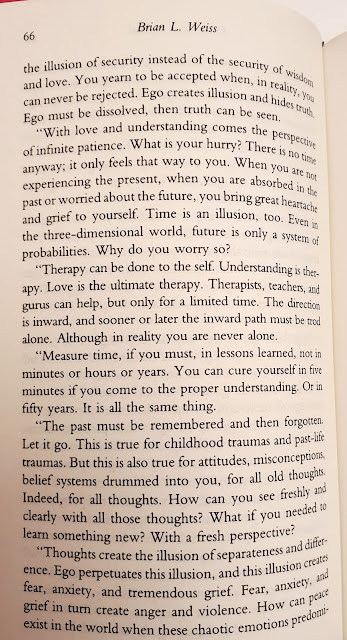Saturday, December 18, 2021
Heart Sutra By Venerable Guan Chen
Friday, December 10, 2021
Emptiness in nature in terms of karmic retribution
I highly recommend that you watch this dharma talk by Master Sheng Yen. I find that it's really helpful in understanding emptiness and karma.
To create more good karma and cultivate more merit in our daily life, then we won't find retribution so painful.
Sin is produced by the mind and is empty in nature. If the mind ceases, so will sin, whether pure or impure.
Everything is produced by the mind. Our concepts and mental actions decide our verbal and bodily actions. Our verbal action and bodily action plus our mention actions as a driving force constitute the driving force behind our karma. Then we create karma. Having created karma, you will receive karmic results.
Causality 因果(cause and effect) definitely exist, so does conditional arising ( 缘起).
Causality 因果(cause and effect) induced by conditional arising ( 缘起)is called results of causes and conditions. As a combination, they do exist. However, causes and conditions themselves converse and disperse and are impermanent and changing.
Causes and conditions as a fact are empty in nature. Things formed by causes and conditions exist, but they are empty in nature. As a result, after it is received, it is also empty.
Watch the video to find out more.
-
Recently I read another inspiring book " Same Soul, Many Bodies" by Dr Brian Weiss, a Jewish American psychiatrist, hypnotherapist...
-
My friend shared with me that Bu ddhist monks from the Palelai Temple will go to Tampines Blk 823 Tampines Market for alms round on every Mo...
-
Ev en though the Heart Sutra is the shortest sutra with 260 Chinese characters (translated by Master Xuanzang during Tang Dynasty), it con...

